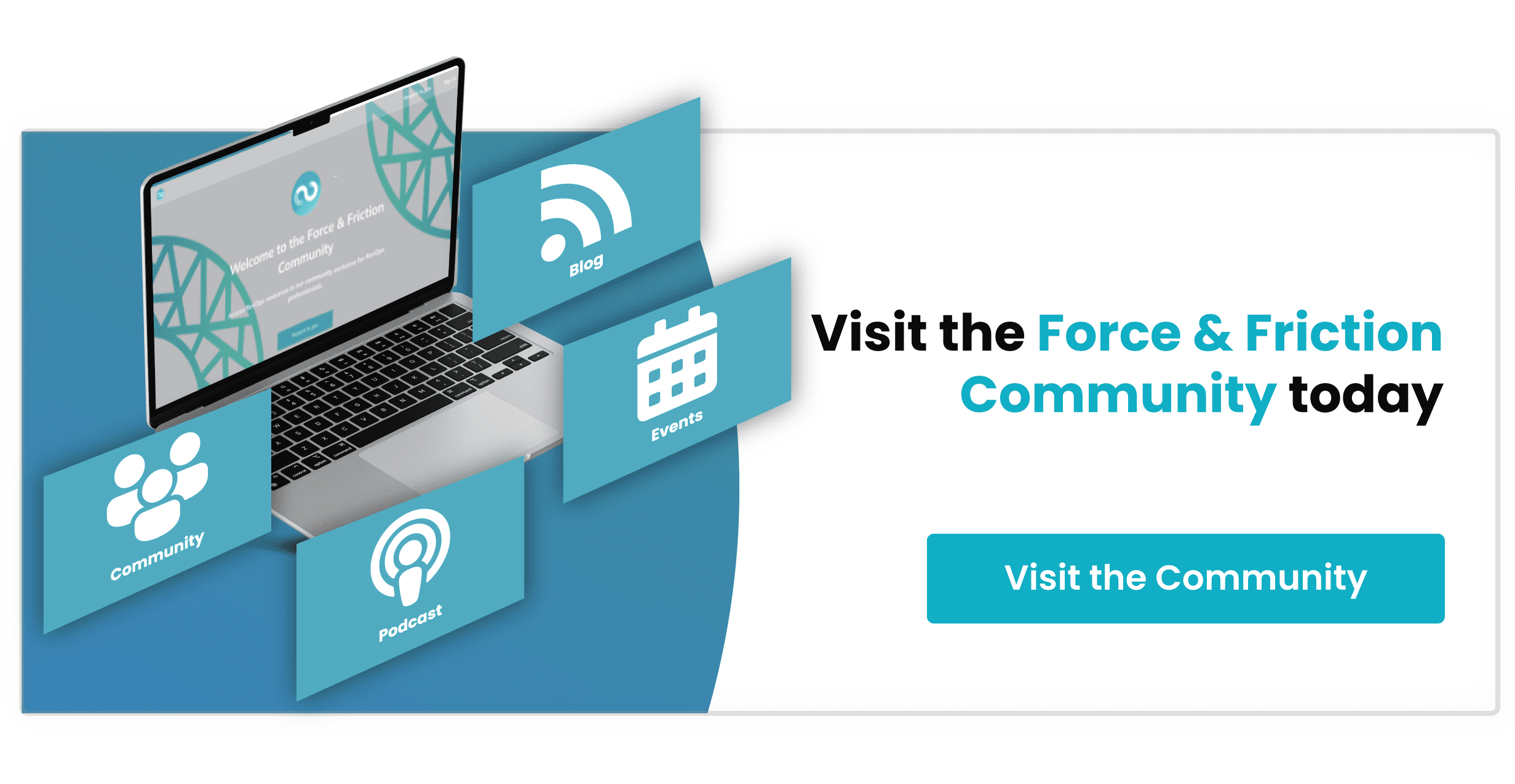
From Blind Guesses to Data-Driven Success: How Performance Management in RevOps Strategy Drives Revenue Growth | #RevOpsLife
In today's dynamic business environment, it is crucial to measure and track key numbers, and your KPIs are aligned with the company's revenue goals.
In the #RevOpsLife Series, we have already covered the first four components of implementing a successful RevOps strategy, You can read the first four articles here:
RevOps strategy, You can read the first four articles here:
-
Unlocking Revenue Growth: How Alignment is Key to a Successful RevOps Strategy
-
From Insights to Action: Driving Revenue Growth with Effective Data and Analytics
-
From Inefficiency to Efficiency: The Benefits of Process Optimization in RevOps
-
From Chaos to Cohesion: How Technology Enablement Can Optimize Your RevOps Strategy
The fifth component of a successful RevOps strategy is performance management, where your company sets and tracks key performance indicators (KPIs) that matter most to your company's revenue growth.
So What is Performance Management?
Summarized, performance management is the process of setting and tracking metrics to evaluate how well your business is performing and in the context of RevOps, performance management involves setting and tracking KPIs that matter most to revenue growth.
To effectively implement performance management in a RevOps strategy, as a business leader you must first identify the most critical KPIs to track.
These KPIs should be relevant to revenue generation and aligned with the company's overall revenue objectives.
Examples of KPIs that can be tracked in a RevOps strategy include:
-
Customer Acquisition Cost (CAC)
-
Customer Lifetime Value (CLTV)
-
Churn Rate
-
Revenue per Customer
-
Sales Cycle Length
-
Marketing Qualified Leads (MQLs)
-
Sales Qualified Leads (SQLs)
-
Lead-to-Opportunity Conversion Rate
-
Opportunity-to-Close Rate
-
Customer Retention Rate
-
Average Deal Size
-
Pipeline Velocity
Once you have identified your KPIs, the next step is to establish a system to track and monitor them in real time.
This can be achieved through the use of a series of dashboards that provides a real-time view of performance, enabling your teams to track progress and identify potential issues before they become significant problems
We love, use, partner, and recommend Databox for our real-time dashboards.
Through The Organization Wider Lens
It is essential to ensure that you track KPIs organization-wide, and not just limited to your sales, marketing, and customer success teams, and integrate all departments such as finance and operations.
This provides you with a comprehensive view of your business and helps identify areas for improvement.
To ensure that KPIs are effectively tracked, businesses should establish a process for reviewing and analyzing the data collected.
This can involve setting up regular meetings to review progress and identify areas for improvement. Additionally, as a leader, we recommend you establish a process for taking corrective action when KPIs are not met.
Why is Performance Management Important?
Performance management is critical for any organization looking to achieve revenue growth, regardless of your approach, and style of management.
The biggest mistake I see is when management teams ‘light the blue touchpaper of scale up mode’ without adequate performance management metrics already in place, figuring it out as you go can be costly, so get the basics in first and then optimize as you gain altitude.
By setting and tracking your KPIs, the organization can measure progress, identify areas for improvement, and take corrective action to ensure you are on track to meet the forecasted revenue goals.
Performance management is also essential for creating a culture of accountability and transparency.
When KPIs are set and tracked, your teams understand what is expected of them, and they can see how their work contributes to the company's overall revenue goals.
Increased Ownership
This promotes a sense of ownership and responsibility, which can lead to increased motivation and better performance top to bottom. I also find that the C suite with an eye on ALL THE NUMBERS rise in their own performance levels.
Moreover, performance management provides a data-driven approach to decision-making. By tracking your KPIs, the management team can gain insights into what is working and what is not, enabling you to make informed decisions on how to allocate resources and prioritize initiatives.
Innovation Drivers
In addition to promoting accountability, transparency, and data-driven decision-making, performance management can also drive innovation.
When your KPIs are set and tracked, the teams are in theory incentivized to think creatively and find new ways to achieve revenue growth.
Over the last 28 years of being in the engine room (boardrooms) of high-growth businesses, I’ve been involved in and witnessed the creation of some remarkable new products, services, and associated processes that have driven revenue growth off the charts, including one organization in the automotive finance business doing an IPO and franchising over 60 times, all out of performance management review that started their ability to identify new opportunities that literally changes an entire mature marketplace, no mean feat to achieve, but they did.

‘How to Overview’ on Implementing Performance Management in Your RevOps Strategy:
1: Identify relevant KPIs for the business
-
Conduct market research in your niche to determine the most important revenue drivers for this industry
-
Analyze your historical data to identify trends and areas of opportunity.
-
Seek feedback from key stakeholders across the organization to determine what metrics matter most to them
2: Set realistic goals for each KPI
-
Evaluate past performance to set achievable but challenging goals (include stretch goals)
-
Consider external factors that may impact KPI performance, such as market conditions or competitor activity, including the economy and political cycles
-
Align your KPI goals with overall business objectives to ensure everyone is working towards the same goals
3: Monitor progress toward goals in real-time
-
Use a real-time dashboard or analytics tool to monitor KPI performance
-
Set up automated alerts to notify the team when KPIs are not on track at different midpoints through your week, month, quarter, etc
-
Conduct regular performance review meetings to discuss progress and identify areas for improvement
4: Take corrective action when necessary to ensure the business is on track to meet revenue goals
-
Conduct root cause analysis to determine the cause of underperformance
-
Develop action plans to address performance gaps
-
Assign ownership and accountability for executing action plans and monitor progress toward resolution
5: Continuously evaluate and adjust KPIs as needed to ensure they are driving the right behaviors and achieving desired outcomes.
-
Conduct regular reviews to ensure KPIs are still relevant and aligned with business goals.
-
Seek feedback from key stakeholders to identify areas where KPIs may need to be adjusted.
-
Continuously monitor KPI performance and adjust goals or metrics as needed to ensure they are driving the desired behaviors and outcomes.
Conclusion
Performance management is a critical component of a successful RevOps strategy. It enables businesses to measure, analyze, and improve their revenue generation processes, ultimately leading to increased revenue growth.
By setting clear and specific KPIs, monitoring performance in real time, and taking corrective actions when necessary, businesses can optimize their revenue operations and achieve their revenue goals.
If you want to learn more about how to achieve a successful performance management plan in your RevOps strategy, book a strategy session with one of our RevOps experts.
Our team will listen, learn and help you develop a customized strategy through our trusted process to define and implement your RevOps Strategic GamePlan that's tailored to your organization's unique needs, goals, and challenges
#revops #performancemanagement #kpis #revenuegrowth #businessmetrics #datadriven #realtimeanalytics #businesstracking #salesperformance #marketingperformance #customerretention #churnrate #customersatisfaction #growthmetrics #businessimprovement





%20-%20Teal.png?width=500&height=130&name=Force%20%26%20Friction%20-%20Branding%20-%20Logo%20(White)%20-%20Teal.png)